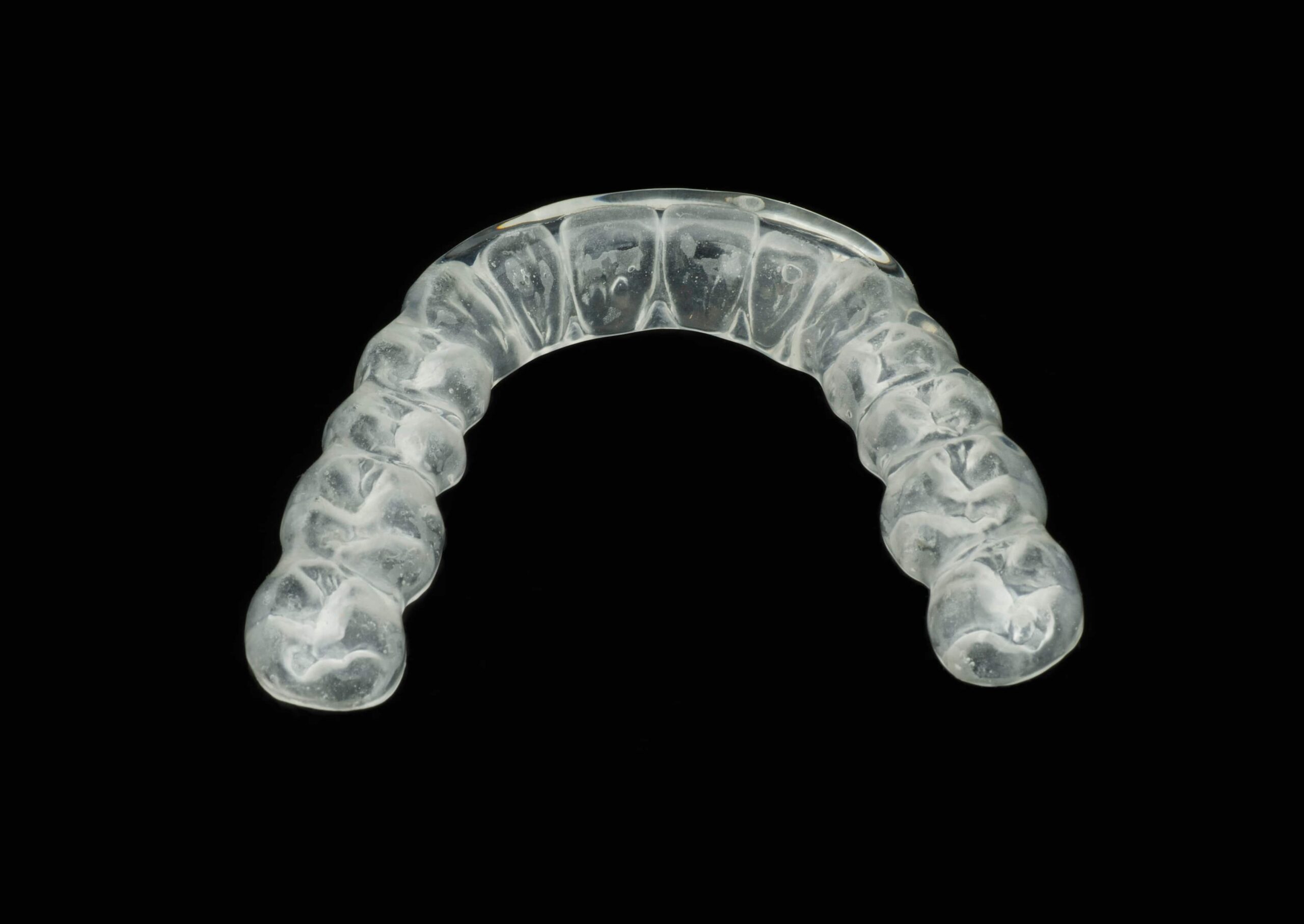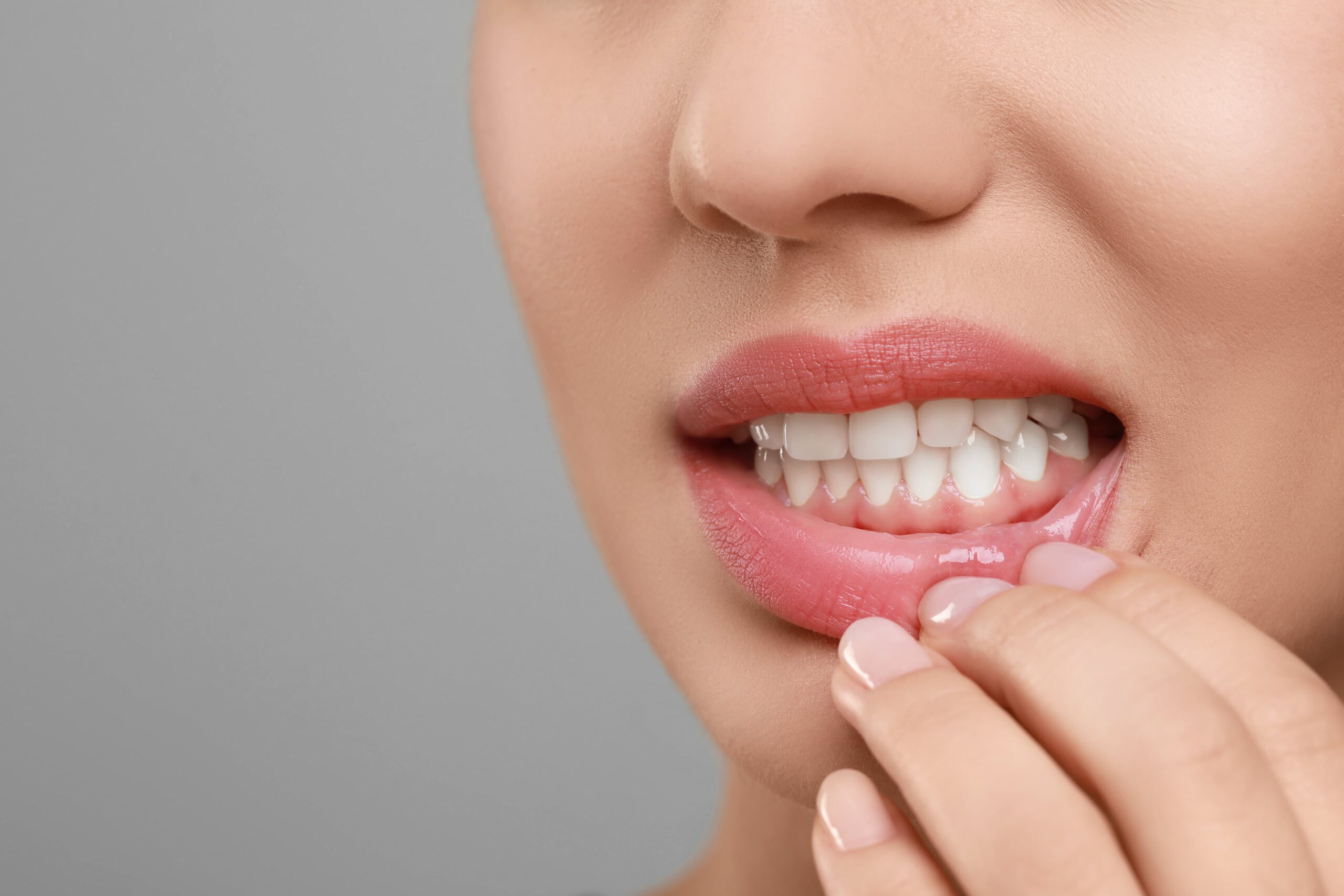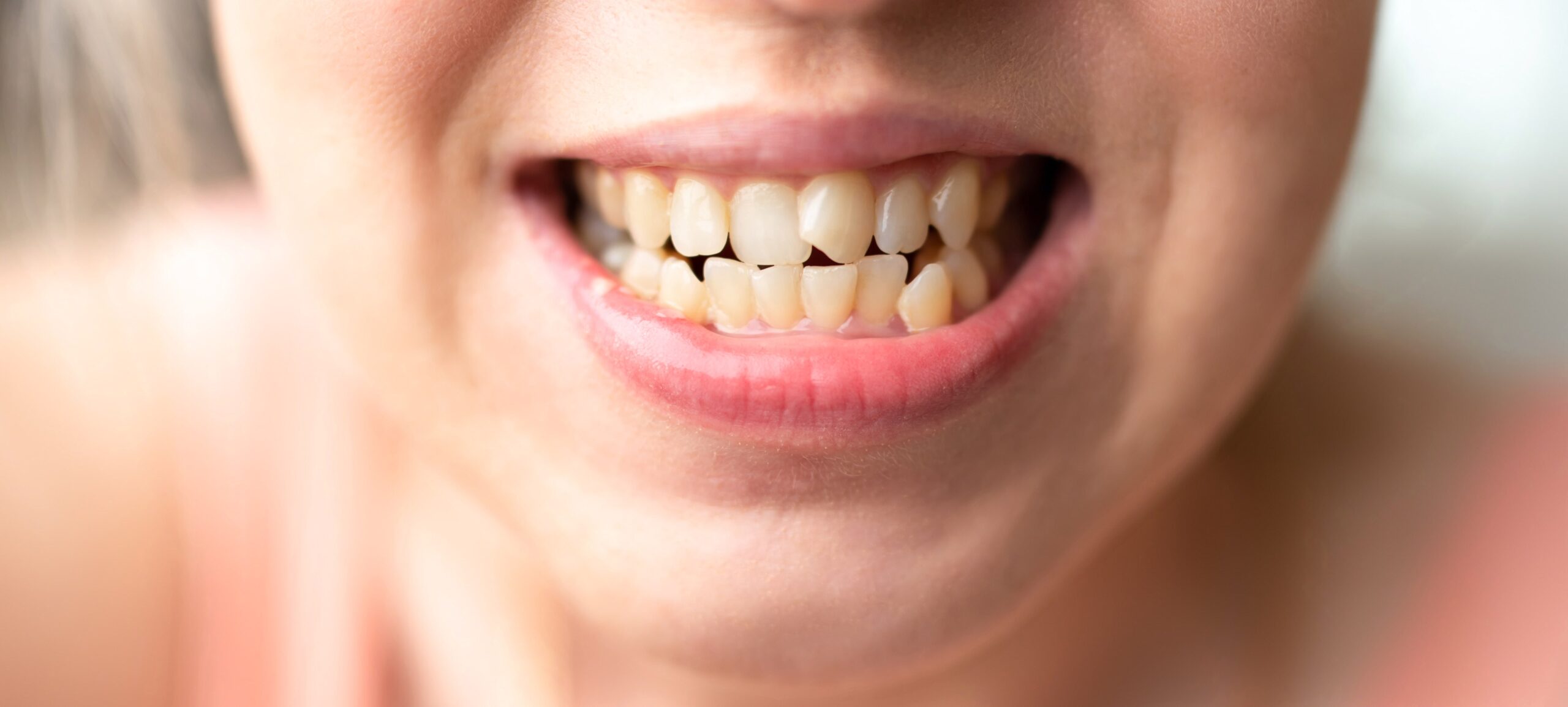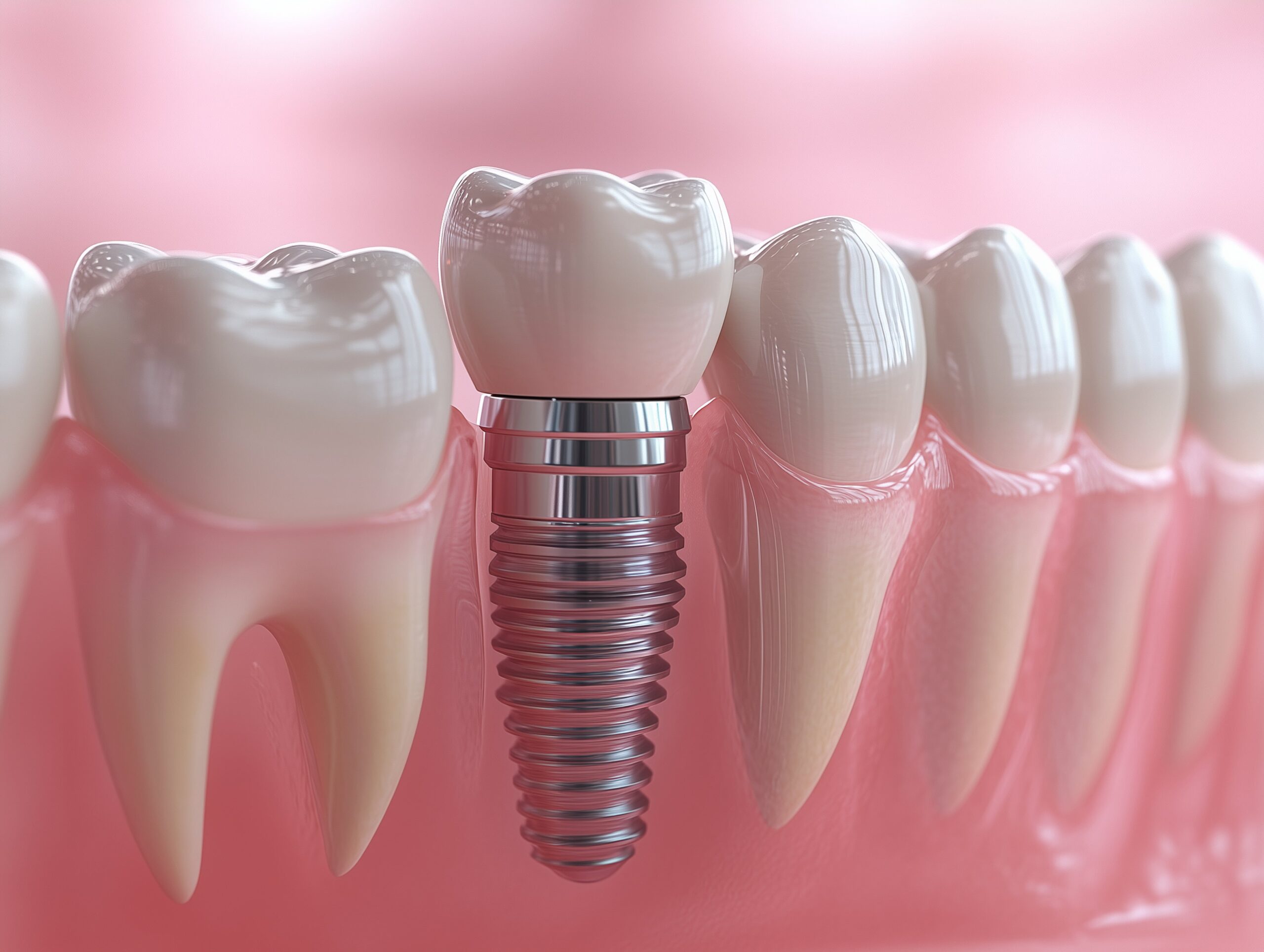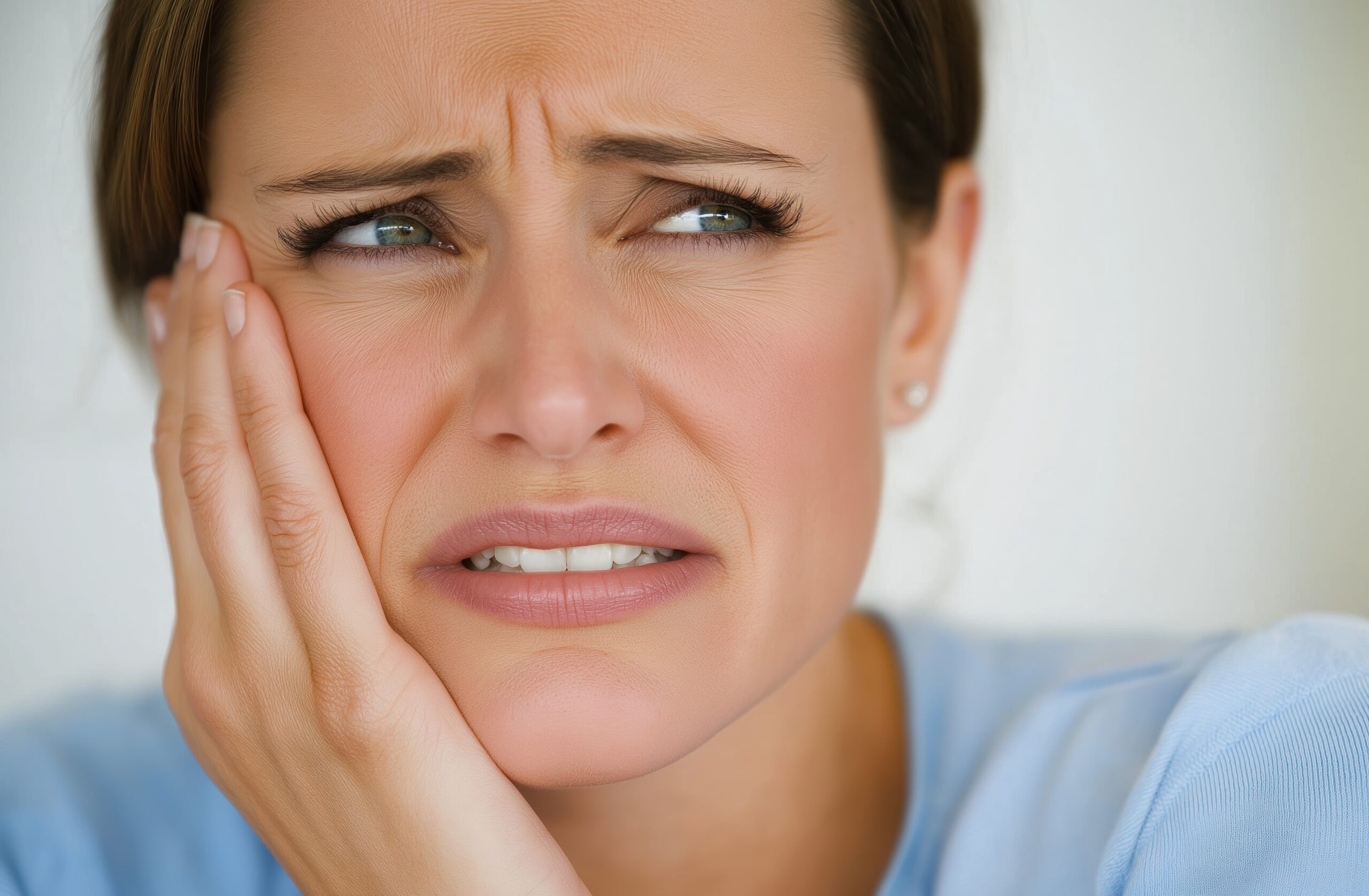Dental Patient Education
At Springs Dental, we want you to be an active participant in your own health. We take the time to listen to your concerns & explain different options, so you can make informed decisions about your dental care & stay involved.
We encourage an open dialogue between our dental professionals & our patients. Like any health professionals, we are prone to doctor-speak, but we always strive to speak plainly & avoid jargon! If we ever say a word you don’t understand, please ask us to explain. We believe that the more our patients understand their care, the healthier their smiles will be.
Here are some frequently asked questions about dental care. Please take a look & feel free to contact us if you want more information on any topic.
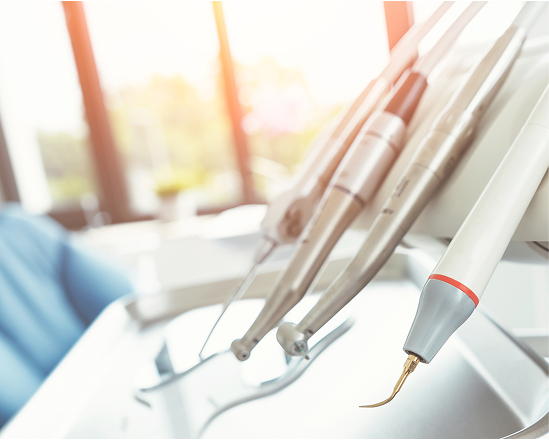
Why do I need to see the dentist twice a year?
Our mouths are constantly changing depending on what we eat & drink, our habits & our age. Seeing a dentist regularly is the best way to catch a potential problem before it becomes a big deal. Not to alarm you, but lots of dental conditions don’t necessarily have obvious symptoms that you can rely on to spot something early. Dentists have the expertise & advanced tools to properly examine your oral health in a way that patients simply can’t do for themselves.
Not everyone needs to see the dentist every six months: some patients need to see us more often. Depending on your oral health situation, the dentist will recommend the frequency at which you need to visit us. Some patients see us every 3 or 4 months, especially if they have gum disease. If the dentist asks you to come in more frequently than you did in the past, please know that this advice is given with the idea of keeping you healthier in the long run.
Your regular visits are your best chance for keeping your teeth strong, clean & white & your breath fresh. Hygienists can remove stains that regular brushing & flossing & in-home whitening treatments can’t! Plus, we’re always happy to give you refresher training on the best techniques for your at-home oral hygiene routine.
Remind me, how often do I need to brush & floss?
You should be brushing your teeth twice a day & flossing at least once a day. Most people brush in the morning when they wake up & brush & floss at night before bed. If you want to brush after lunch too, we highly approve. When you brush your teeth it should be for a full two minutes. Make sure you get the back & front sides of your upper & lower teeth & their biting surfaces. Floss with about an arm span’s worth of floss, using a clean two inches for each tooth to prevent cross-contamination from one tooth to another. If you’d like the dentist or hygienist to demonstrate proper brushing & flossing technique, please just ask during your visit!
I’ve heard I don’t really need to floss. Is that true?
I brush my teeth & floss thoroughly every day. Do I still need to see a hygienist for a cleaning?
What causes cavities?
As children, we’re taught that eating too much candy causes cavities, so it must be sugar that causes tooth decay, right? Actually, that’s an overly simple way of explaining the process. Sugar is more like the fuel for decay & it doesn’t just come from sweet foods. When you eat, chemicals called enzymes in your saliva break down carbohydrates into sugars. These sugars—plus the sugar compounds that occur naturally in fruit & foods sweetened with refined sugar or corn syrup—are then eaten by the bacteria in your mouth. Unless you brush or floss them away, these bacteria hang out in your mouth, consuming the sugar & excreting a waste product in the form of acid. This acid is what eats holes in your tooth enamel & the softer dentin layer underneath, causing cavities & tooth decay.
At what age should children first visit a dentist?
Children should see the dentist when their first tooth comes in or by age 3, whichever comes first. That doesn’t mean you shouldn’t be caring for your baby’s oral health before then. After feeding, you can clean your baby’s gums by rubbing them gently with a damp washcloth. For more advice about caring for your baby’s mouth, please feel free to ask your pediatrician or us.
I’m very nervous about visiting the dentist. What should I do?
Tell us! The last thing we want is for you to be uncomfortable in silence. Being nervous at the dentist is not uncommon so don’t be embarrassed about it. Knowing that you are a nervous patient helps us prepare properly for your appointment. There are steps we can take to make you more comfortable during your visit. We can take things slower & explain more about what we’re doing at each step. We can work with you to develop a communication system so you can tell us clearly when something is bothering you or you need to take a break. Sedation is also an option in some cases & we’d be happy to discuss it.
One of the biggest ways we can help you overcome your nervousness is by working through it together. We want our office to be a warm, welcoming & pleasant place for you. The easier & less intimidating we can make your visit, the better we’ll be able to care for your oral health, now & in the future. If there is anything we can to do improve your experience, just ask. We promise you, you won’t be the first person who has brought up these concerns.
Meet Your Murrieta Dentist
Daniel B. Pulsipher, DDS – Daniel B. Pulsipher, DDS, is a graduate of the University of Loma Linda School of Dentistry. He has also received extensive training in cosmetic dentistry, rotary endodontics and removable prosthodontics (dentures). Dr. Pulsipher is a member of the American Dental Association, Academy of General Dentistry, California Dental Association, International Association for Orthodontics & the Tri-County Dental Society.
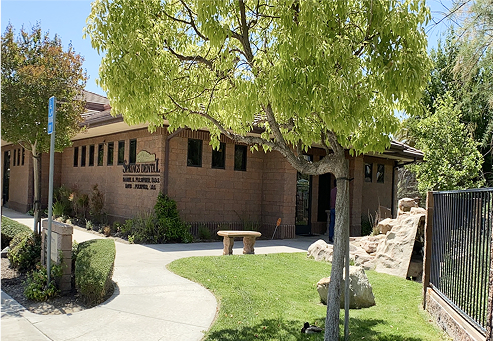





5-Star Murrieta Dental Services
We make it fun for children to visit their dentist in Murrieta.
Get relief from dental anxiety for comfortable dental procedures.
Straighten teeth with a wide-range of options from Invisalign to traditional braces.
Reshape your gum line with gum contouring to fix gummy smiles and small teeth.
Replace a missing tooth, several teeth, or an entire arch of teeth with All-on-4 dental implants.
Diagnotics and solutions for tooth and gum infections including root canals and gum disease treatment.
Visit Springs Dental

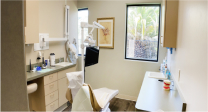

We are located in the Murrieta Springs Professional Park off Murrieta Hot Springs Road.
Hours
~ Daily lunch break 12 Noon–1pm



5-Star Google Reviews
Trustindex verifies that the original source of the review is Google. I can’t say enough great things about Springs Dental and Dr. Pulsipher! From the moment you walk in, you’re greeted with a warm, welcoming atmosphere and a team that truly cares. Dr. Pulsipher is not only incredibly skilled, but he also takes the time to explain everything and make you feel completely at ease. The entire team is professional, friendly, and genuinely dedicated to making your experience as comfortable and positive as possible. I would highly recommend anyone looking for a dentist to visit Springs Dental – you won’t be disappointed!Trustindex verifies that the original source of the review is Google. I've been a patient at Springs Dental for over 20 years. I’ve tried two other dental offices due to insurance issues, but I always come back, even when I have to pay out of pocket. Springs Dental operates with integrity, which is uncommon these days. They genuinely care about their patients rather than simply focusing on making money.Trustindex verifies that the original source of the review is Google. Great service as usual. Great staff and Dr Dan is the best!Trustindex verifies that the original source of the review is Google. Friendly staff & always with smiles to welcome their patient’s.Trustindex verifies that the original source of the review is Google. Great staff. Very thorough in all explanations of cost and procedures.Trustindex verifies that the original source of the review is Google. Great staff!!!!Trustindex verifies that the original source of the review is Google. Excellent dental care. Friendly and very competent.Trustindex verifies that the original source of the review is Google. Everyone at this dental facility treated me with so much care. I have had bad dental experiences in the past that left me terrified. I felt safe, comfortable and in capable, professional hands. This was the best dental experience I have ever had in 40 yrs! The technology in this office is like no other. They gave me a crown in a few hrs. Simply amazing! God bless Springs Dental!Trustindex verifies that the original source of the review is Google. Excellent experience!!!!
Insurance & Financing

We love your insurance and respect your budget and busy schedule. There are little to no out-of-pocket costs for most insured patients on cleanings, exams and x-rays.
0% financing is available on approved credit. While most insured families receive the majority of preventive services for FREE, we offer many different payment options, including CareCredit, so uninsured patients can still receive the dental care they need in a manner that fits their budget.
Blog Articles
Dental pain and unexpected oral injuries can be unsettling, especially when they happen outside of
If you have ever woken up with a sore jaw or noticed flattened spots on
A bright, confident smile is something many people dream about—and cosmetic dentistry can make that
Crooked teeth are one of the most common reasons people hesitate to smile. Even when
Dental implants have transformed modern dentistry by giving patients a permanent solution for missing teeth.
Dental emergencies can strike when you least expect them—during a meal, in the middle of
Frequently asked questions
How long do dentist appointments take?
Routine dental appointments, like teeth cleanings and dental checkups, take 45 minutes to an hour. Procedures like fillings, crowns, extractions, and dental implants can take up to two hours, depending on the complexity.
When should I go for an emergency dentist in Murrieta?
Come into Springs Dental for a same-day emergency dentist in Murrieta when you’re experiencing:
-
Severe tooth pain that doesn’t go away
-
A broken, chipped, or knocked-out tooth
-
Swelling in the gums, face, or jaw
-
Bleeding that won’t stop after a dental injury
-
A lost filling, crown, or dental appliance causing pain or sensitivity
-
Signs of infection, like a bad taste in your mouth, fever, or pus
If you’re ever unsure, call us and we will guide you on what to do next.
How long do dental implants last?
Dental implants can last a lifetime with good oral hygiene and regular dental checkups. A dental implant has three parts: the titanium post, the abutment, and the crown. While the post is typically permanent, the crown may need replacement after 10–15 years due to normal wear.
How long does Invisalign take in Murrieta?
Invisalign treatment takes between 6 and 18 months, depending on the complexity of your case. Mild tooth alignment issues take 6 to 12 months, while more advanced corrections can take over a year.
Do you do payment plans?
Yes, we have several options for payment plans and offer CareCredit so you never have to delay getting the dental treatment that you need.



